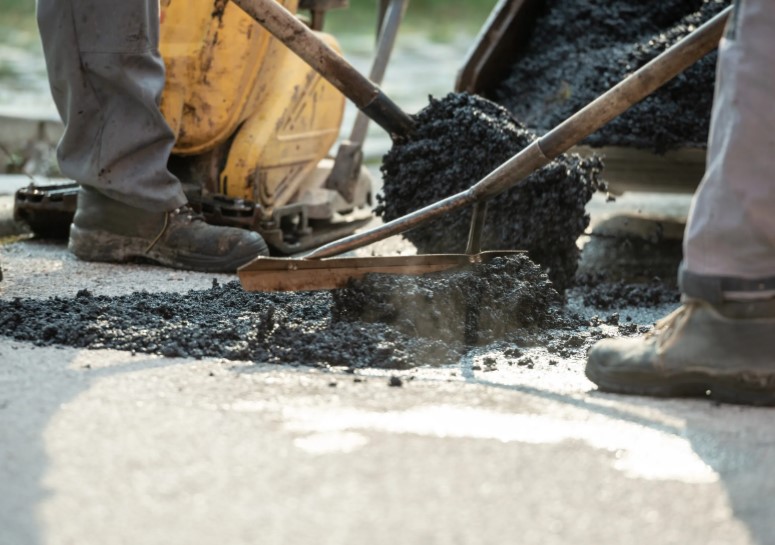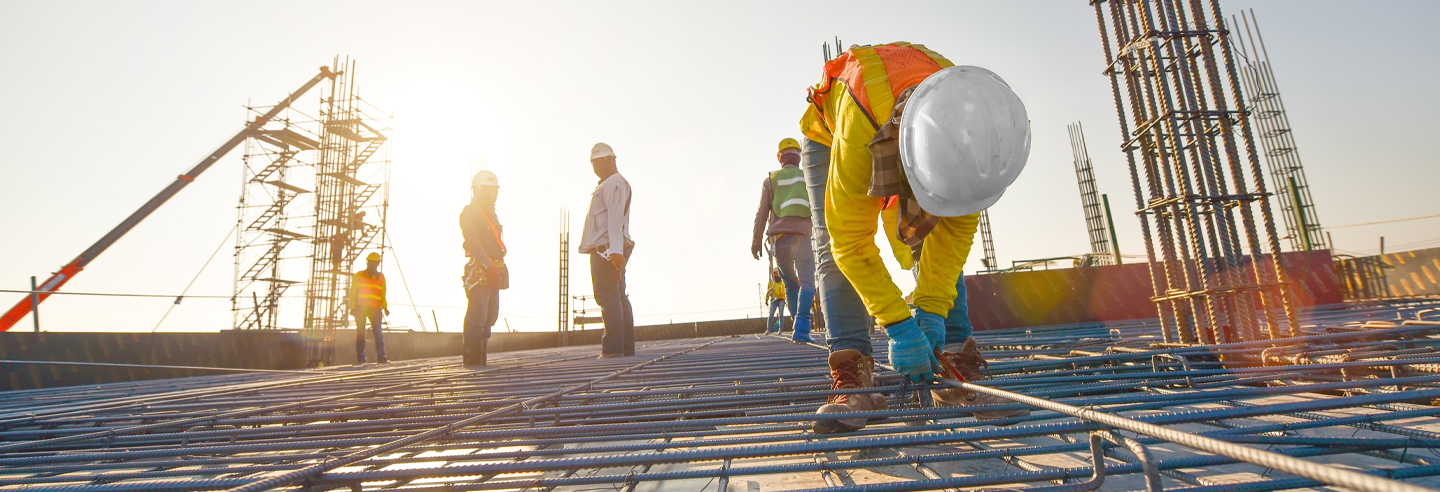
When faced with deteriorating asphalt surfaces, property owners are often confronted with the decision of whether to opt for asphalt resurfacing or complete replacement. Each approach has its own advantages and considerations, and understanding the differences between asphalt resurfacing and replacement is crucial for making an informed decision. In this article, we’ll explore the key factors to consider when weighing the options of asphalt resurfacing and replacement.
Assessment of Existing Conditions
Before deciding between resurfacing and replacement, it’s essential to assess the current condition of the asphalt surface. Minor surface cracks, potholes, and general wear and tear are candidates for resurfacing, while extensive structural damage, deep-rooted cracks, and compromised subgrade may necessitate a full replacement.
Resurfacing
- Definition: Asphalt resurfacing, also known as overlay or rehabilitation, involves applying a new layer of asphalt over the existing surface.
- Advantages: Resurfacing is a cost-effective option that addresses surface-level issues, provides a refreshed appearance, and can extend the life of the pavement.
- Considerations: It is crucial to ensure that the existing pavement is structurally sound and that the added layer won’t compromise the overall integrity.
Replacement:
- Definition: Asphalt replacement involves removing the existing pavement and installing a completely new asphalt surface.
- Advantages: Replacement is necessary when the existing pavement is severely damaged, providing a long-term solution with a new, durable surface.
- Considerations: Replacement is more expensive and time-consuming compared to resurfacing. It may be warranted when the subgrade is compromised or when extensive repairs are needed.
Cost Factors:
- Resurfacing: Generally, resurfacing is more cost-effective than replacement. It addresses surface-level issues without the need for extensive excavation or material removal.
- Replacement: While more expensive, replacement offers a fresh start with a new surface and may be a wise investment for properties with severe pavement deterioration.
Timing and Convenience:
- Resurfacing: Resurfacing projects can be completed more quickly than replacements, causing minimal disruption to daily activities.
- Replacement: Replacement projects typically require more time for demolition, removal, and installation, potentially impacting daily operations and accessibility.
Long-Term Considerations:
- Resurfacing: While effective for addressing surface issues, resurfacing may not be a permanent solution. The underlying conditions of the existing pavement will eventually influence the lifespan of the resurfaced area.
- Replacement: Provides a new, durable surface with a longer lifespan, making it a more sustainable solution for properties requiring a significant upgrade.
Deciding between asphalt resurfacing and replacement depends on various factors, including the current condition of the pavement, budget constraints, and long-term goals. Both options offer distinct advantages, and a thorough assessment with the guidance of a paving professional can help property owners make the most informed decision for their specific needs. Whether it’s a cost-effective resurfacing project or a comprehensive replacement, addressing asphalt issues promptly ensures a safe, functional, and aesthetically pleasing pavement surface.
This article was written by Asphalt Brothers LLC. Asphalt Brothers is the best asphalt paving company serving customers throughout the North Carolina region. They are the best concrete companies in charlotte nc. Their team of experienced professionals has the knowledge and expertise to handle all of your asphalt paving needs, whether you are looking to pave a new driveway, repair existing damage, or maintain your asphalt surface.

